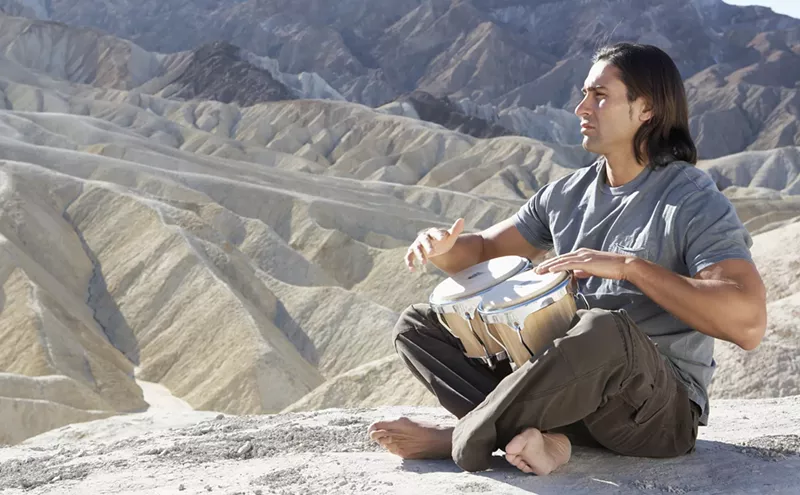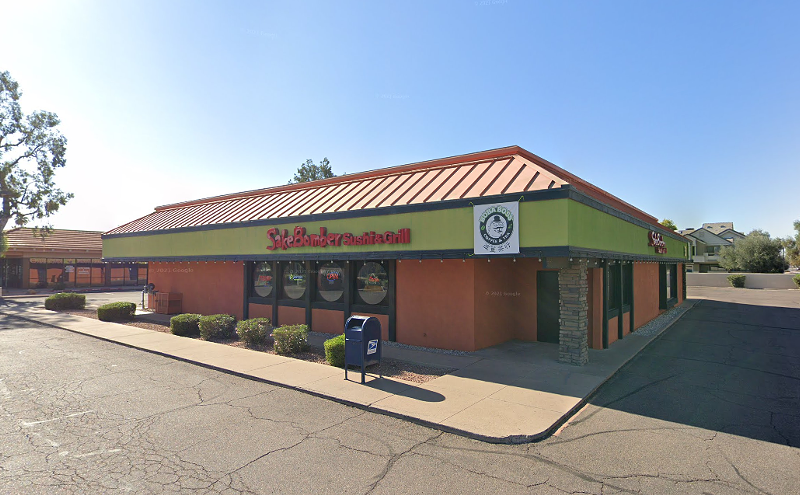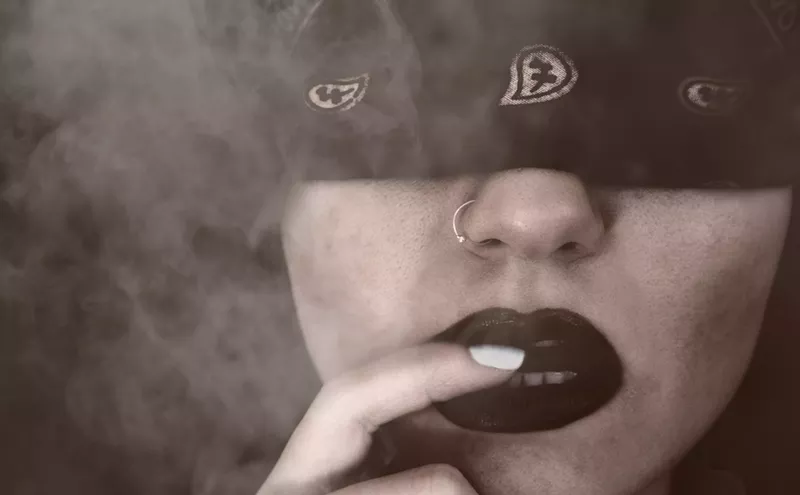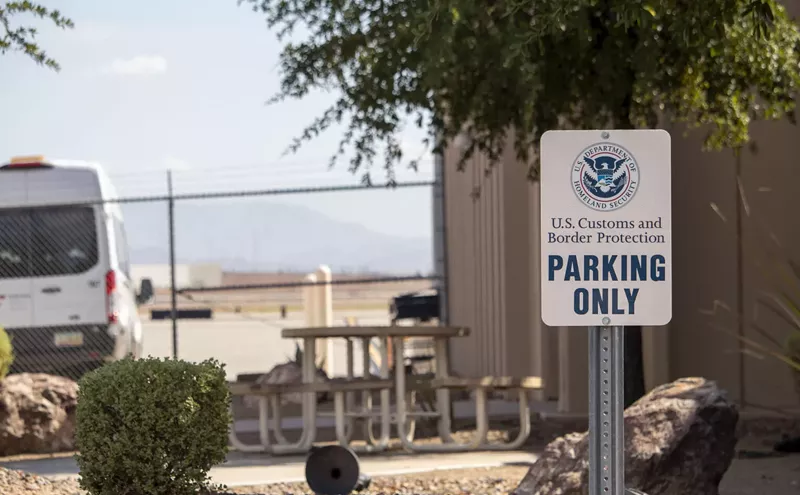Home for the Holidays didn't seem like much of a movie to me two years ago, but it was more like a holiday itself compared to Myth, the feature debut of the young writer-director Bart Freundlich. At least Home had some laughs and some pungent, likable characters--some reason to endure the misery of these people's company. You could believe that love was the basis of the reunion there, however defective.
Myth's atmosphere is so poisonous and brooding that one almost expects some gothic explanation for what these people, save the long-suffering mother (Blythe Danner) and the effusively hormonal youngest (Laurel Holloman), seem to feel for one another--hatred of each other's guts. But there's no real explanation. It's just the usual--lack of communication and warmth keeps these people crashing into each other's feelings.
The major source of the wretchedness appears to be--for a change--the father. Hal (Roy Scheider) is a handsome, deeply distant man for whom talking to anyone other than his wife appears to be physically painful. Daughter Mia (Julianne Moore) walks around in a state of almost explosive anger, swearing at her siblings over the slightest remark and coldly rebuffing the civility of her therapist boyfriend (Brian Kerwin). Brother Jake (Michael Vartan) brings home a randy girlfriend (Hope Davis) who's nuts about him, but when she says, "I love you," he responds with that old icicle, "Thank you."
The star role is Warren (Noah Wyle), who's come home, mainly, because he wants to see what his old girlfriend (Arija Bareikis), whom he's never gotten over, is up to. He and his father share a sordid little secret that is as close as the film gets to real drama. Mia also encounters an old flame (James LeGros), this one from kindergarten, and they, too, reconnect.
The little strands of narrative are advanced in short, elliptical episodes. Freundlich is fond of cutting off scenes right at the most dramatic moments, without showing us how the characters react to whatever awkward revelation just occurred, then showing us the same characters behaving normally in the very next scene. It's a clever shorthand for showing how willing these people are to absorb emotional extremes.
Except for Mia's subplot with the old friend, all the narrative lines pay off to some degree. The film is formally coherent. But it didn't leave me with a compelling reason that I should care about these people, even though the performances are often impressive.
Especially so is Julianne Moore, here out of her cuddlesome glamour-puss mode of Nine Months, and looking like a real actress, as she did in Safe and Vanya on 42nd Street. Wyle is touching, although he may want to get a bit stingier with the wounded-little-boy look--it's much in evidence here, and it's beginning to show up rather frequently in his popular role as the nice young doctor on TV's ER.
What's most annoying about The Myth of Fingerprints, I think, is its presumption--it takes it as a given that family life simply sucks. This certainly appears to be an accurate reflection of the feelings of many, many people, and many of them have good reason to feel this way. And it can be the stuff of good drama--in the recent and somewhat underrated film of Jane Smiley's A Thousand Acres, for instance, the reasons were undoubtedly valid.
But nonabusive "dysfunction" used as drama without exploration of the reasons we see it as dysfunction has become a trendy '90s genre. Those who genuinely enjoy the company of their families, despite or even because of their eccentricities, may feel a bit left out. I honestly think the conditioning of my generation by sitcoms may be a root of mistaking surface "normality" for health and stability.
Freundlich isn't without talent; the picture has a chilly but undeniable integrity. The dialogue is a bit self-consciously epigrammatic at times, but the images are well-composed, and the pace is brisk. But that's like saying a dentist moves you quickly through a root canal--you're grateful, but that doesn't make it an experience you'd love to repeat.
The Myth of Fingerprints
Directed by Bart Freundlich; with Noah Wyle.
Rated








